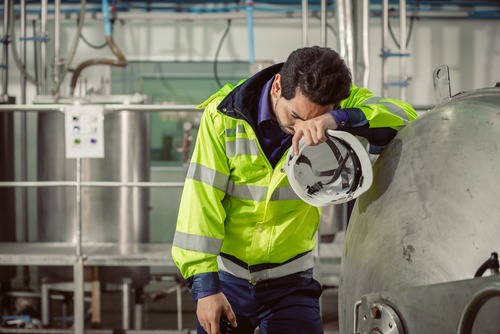Texas is home to a thriving energy sector and produces about 40% of America’s fossil fuels. Oil and gas provide thousands of jobs for Texans, but these industries are demanding. Work conditions can take a heavy toll on employees. At times, the lack of rest contributes to injuries and accidents on the job.
Fatalities in oil and gas extraction
The only job in the oil and gas sector that’s affected by restrictions on the number of hours worked is transportation. Truck drivers have a limit on their hours of service, but the people working on rigs don’t. Drillers and operators typically work 12-hour shifts for a number of weeks in a row.
Combining long shifts with long commutes and heavy machinery can be dangerous. Oil and gas workplace accidents are about seven times more fatal than in other industries. These numbers are smaller than they were 20 years ago: After a refinery explosion in 2005, many industry players adopted voluntary best practices to balance staffing needs with human needs for rest. There’s still room for plenty of improvement, however.
Going forward, stakeholders including OSHA, the CDC and energy companies may study employees and contractors. This could provide information leading to the prevention of serious accidents. With technology like wearable monitors, it’s become much more feasible to observe people as they work. Tracking their vital signs may provide insights about the sleep needs and work capabilities of these employees.
Legal options after an accident
If you or a loved one has been injured in a workplace incident in the oil and gas industry, reach out to a lawyer. An experienced legal professional may help you understand if negligence was a factor and determine whether the injured worker received breaks as mandated by law. An attorney may also be able to help you negotiate a settlement.
